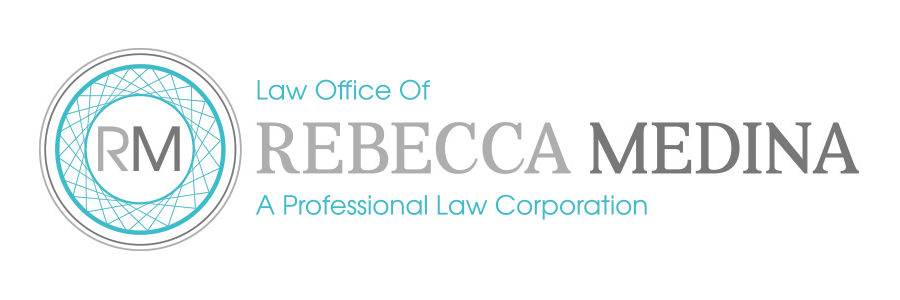While the very word “divorce” may bring up images of court battles, screaming spouses and lawyers attacking each other’s client, it doesn’t have to be that way—and for the sake of your sanity, your finances and your children’s well being, it shouldn’t.
Many divorcing couples in California have found that an uncontested (and amicable) divorce offers a way to end a marriage with dignity and in a cost-effective manner.
Making an amicable divorce work requires honesty, the ability to be respectful of your spouse’s concerns, a willingness to negotiate in good faith and an acceptance of the fact that each party will have to make some compromises. When you choose an amicable divorce, you choose civility over chaos and cooperation over contentiousness.
Moreover, you and your spouse are more likely to feel comfortable with the choices you have made for yourselves and your family, and when you make the choices yourselves the agreements you make are more likely to be long lasting.
What is an amicable divorce and how does it work in California?
An amicable divorce is one in which both you and your spouse agree on the terms and conditions of the divorce, including the parenting plan, separation of property, spousal support and child support.
A divorce is uncontested if divorce papers were served, a response was filed and you and your spouse wish to proceed without litigation. It also means that you have reached an agreement.
Getting to that agreement can be accomplished through Alternative Dispute Resolution (ADR). Collaborative law is a type of ADR that allows you to negotiate with your spouse with the assistance of a skilled team of professionals. Both you and your spouse have your own attorneys who are there to offer advice and help guide their respective client through the process.
In addition both you and your spouse share a financial neutral and a divorce coach, which are key to transparency and good communication in the process. All decisions are made by you and your spouse. Upon reaching an agreement, your lawyers will complete and file the paperwork with the courts.
Under the California collaborative law:
- Both you and your spouse sign a “participation agreement” stating that neither was coerced into participating in a collaborative divorce, that you are forgoing litigation, that both of you agree to negotiate in good faith and that you will share all financial information (called full disclosure) needed to come to a fair and reasonable settlement.
- After meeting with your lawyer privately and meeting with the other team members, a series of four-way meetings are scheduled between you, your spouse, your respective lawyers, the financial neutral, and the divorce coach. These meetings are where negotiations are held with the goal of reaching an agreement satisfactory to both you and your spouse.
- If you and your spouse are unable to reach agreement, your attorneys must withdraw from the case and both parties will have to seek new legal representation.
How to have an amicable divorce
An amicable divorce depends on a commitment by both parties. It really depends on you and your spouse wanting to:
- Get through the process in a more efficient manner
- Preserve post-divorce relationships
- Reduce the stress on all involved, including your children
- Select a process in which you receive more value for your money
- Participate in a private and confidential process
Child custody and child support are usually the most disputed issues in a divorce. By choosing the collaborative divorce process, you are keeping your children out of the middle of a potential court battle and placing them at the center of a solution that meets their needs for financial and emotional well being.
The goal of collaborative divorce is finding “win-win” solutions to issues pertaining to the divorce that considers the needs of the whole family. That doesn’t mean you’re going to get everything you want—and neither is your spouse. It also doesn’t mean you’re going to lose everything. What is does mean is that everyone will be heard and a skilled professional team will work hard to assist their clients in reaching agreements that are long standing.
Find out if a collaborative divorce is right for you
Talking to an experienced, skilled and compassionate attorney is the first step in deciding to reach a peaceful agreement. To learn more about collaborative divorce solutions, please call us at 559-324-5427 in Fresno or 858-285-4315 in San Diego, or contact us online to schedule a consultation.

 About the Author: Rebecca Medina
About the Author: Rebecca Medina